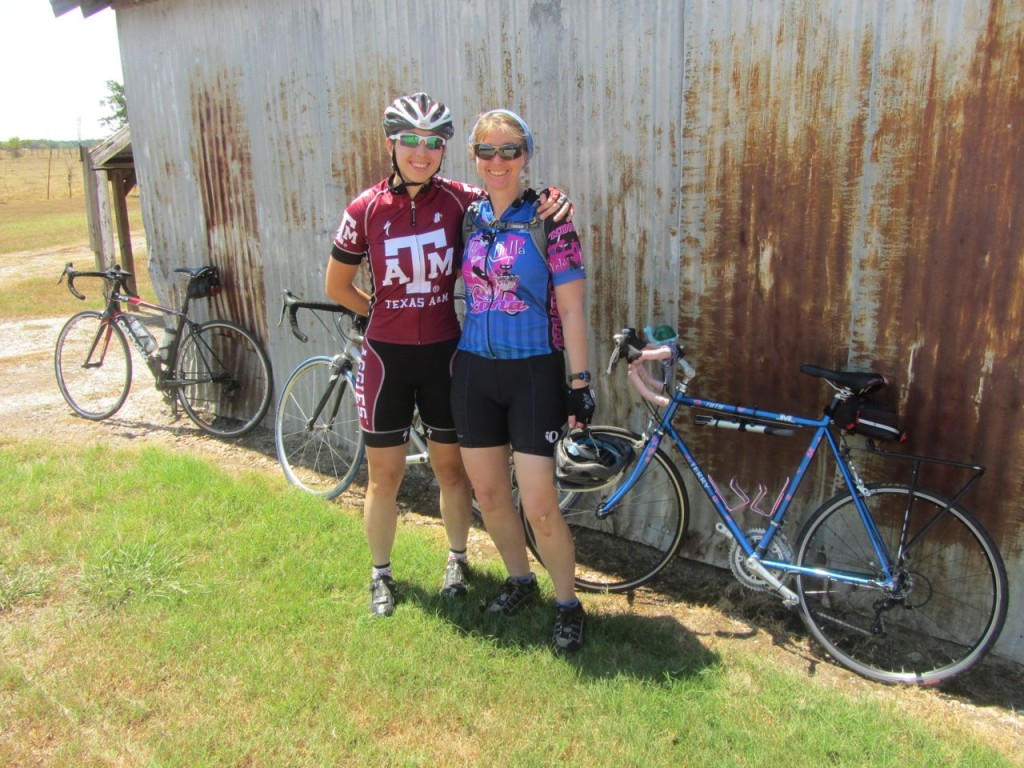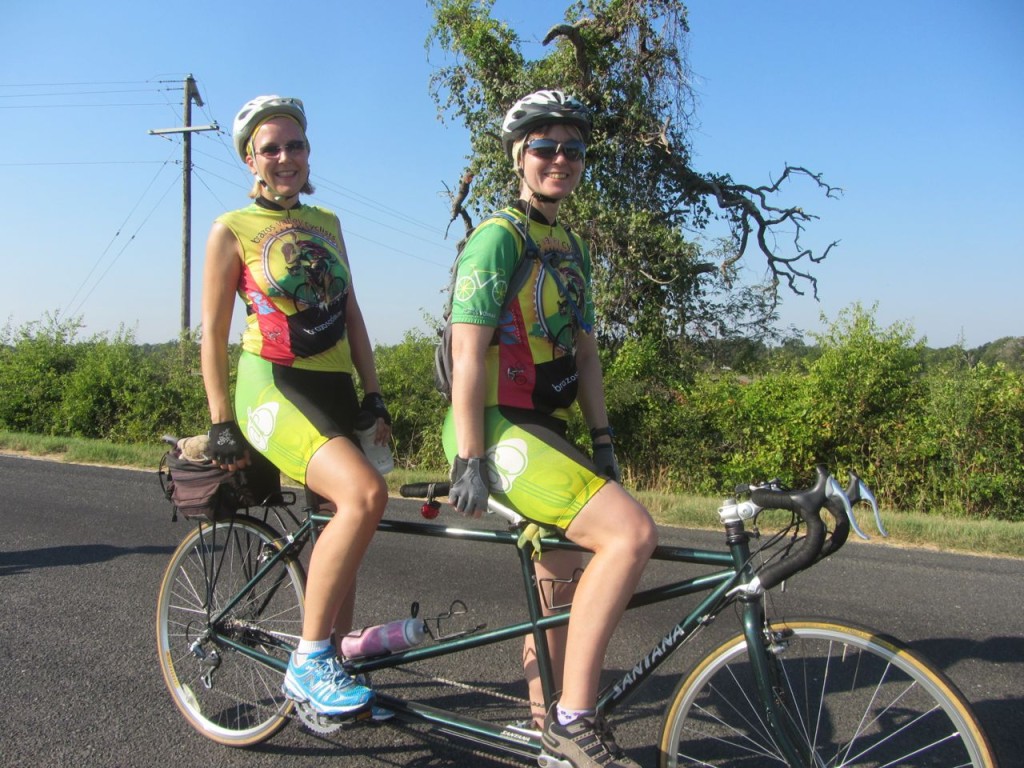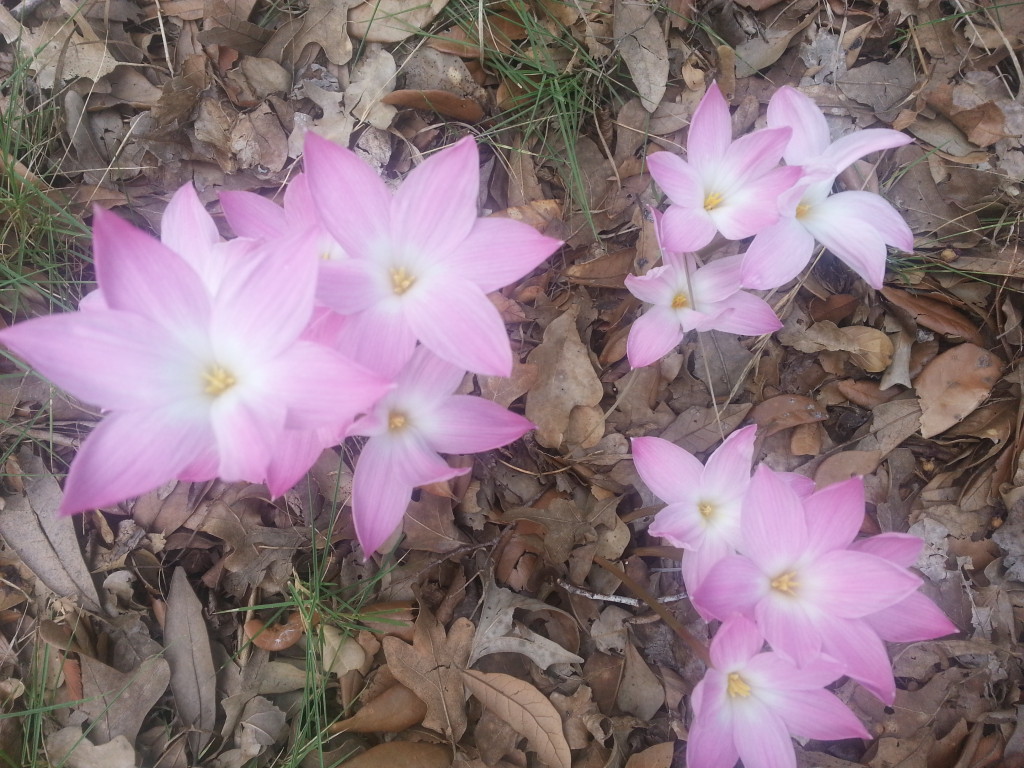I’ve gotten a lot of mileage out of the question, “What is the best book you’ve ever read?” Or, what are your favorite books? The books that really stick with people as favorites tend to be exceptional.
I posted a “name this novel” on Facebook:
I suppose it is because I have lived a rather restricted life myself that I have found so much enjoyment in remembering what I have learned in these last years about brave people and strange scenes. I have sat here day after day this winter, sleeping a good deal in my chair, hardly knowing if I was in London or the Gulf Country, dreaming of blazing sunshine, of poddy dodging and black stockriders, of Cairns and Green Island. Of a girl that I met forty years too late and of her life in that small town that I shall never see again that holds so much of my affection.
I was surprised that not one of my friends answered it.
The quote is from A Town Like Alice by Nevil Shute. A reviewer wrote, “Probably more people have shed tears over the last page of A Town Like Alice than about any other novel in the English language.” I do, every time.
Alice, originally published in 1950 under the title The Legacy in the United Kingdom, is a Second World War history, a romance, and an adventure novel all wrapped up in 277 pages. And don’t let the fact that it is part romance deter male readers; you will not regret picking this one up.
The story opens in the 1930s when solicitor Noel Strachan is called to rewrite the will of a client into a trust for his nephew or niece. Then we move to the post-war years, when the client has died, and Noel must track down his surviving heir. Jean Paget, anonymous short-hand typist, comes in to quite a bit of money. And what does she want to do with it? She wants to go back to the far east, to Malaysia, to build a well.
(Let me warn you now that there are some “spoilers” in what I write next, though I hardly think of them that way. The beauty of this novel is not in how it surprises you. It is in how the story turns whether you are reading it for the first time or for the tenth. But just in case, let me insert a photo so you have a chance to turn away now.)
And thus we enter the first part of the novel which is Jean’s experiences during the war years, as a prisoner of the Japanese, marched from place to place with a group of women and children. Half their number die out on the roads. Along the way, she meets an Australian prisoner, Joe Harman, a cowboy/cattle rancher, who steals to help the group of women, for which he is eventually tortured and killed.
After Jean gets to Malayasia and builds the well, she discovers that Joe has lived, grievously wounded, perhaps permanently crippled. She heads to Australia to find him.
Meanwhile, guess who shows up in Noel Strachan’s office looking for her?
The final third of the novel is the story of how Jean goes about trying to make the remote outback town where Joe lives into a suitable place for a woman to live, stay, and raise a family.
I have spent the winter writing down this story … And, having finished it, it seems to me that I have been mixed up in things far greater than I realized at the time.
The beauty of this novel is in how Shute makes it happen. He writes about ordinary people who have an extra-ordinary sense of right and wrong. They simply go forth and do the job that is in front of them to do.
If you are a fan of World War Two lore, you may, rightly, object that women prisoners were never marched from place to place in Malaysia. In the words of Nevil Shute himself:
…and this is true. It happened in Sumatra.
After the conquest of Malaya in 1942, the Japanese invaded Sumatra and quickly took the island. A party of about eighty Dutch women and children were collected in the vicinity of Padang. The local Japanese commander was reluctant to assume responsibility for these women, and, to solve his problem, marched them out of his area; so began a trek all round Sumatra which lasted for two and a half years. At the end of this vast journey less than thirty of them were still alive.
In 1949 I stayed with Mr. and Mrs. J. G. Geysel-Vonck in Palembang in Sumatra. Mrs. Geysel had been a member of the party. When she was taken prisoner she was a slight, pretty girl of twenty-one, recently married; she had a baby six months old, and a very robust sense of humour. In the years that followed, Mrs. Geysel marched over twelve hundred miles carrying her baby, in circumstances similar to what I have described. She emerged from this fantastic ordeal undaunted, and with her son fit and well.
I do not think I have ever before turned to real life for an incident in one of my novels. If I have done so now it is because I have been unable to resist the appeal of this true story, and because I want to pay what tribute is within my power to the most gallant lady I have ever met.





